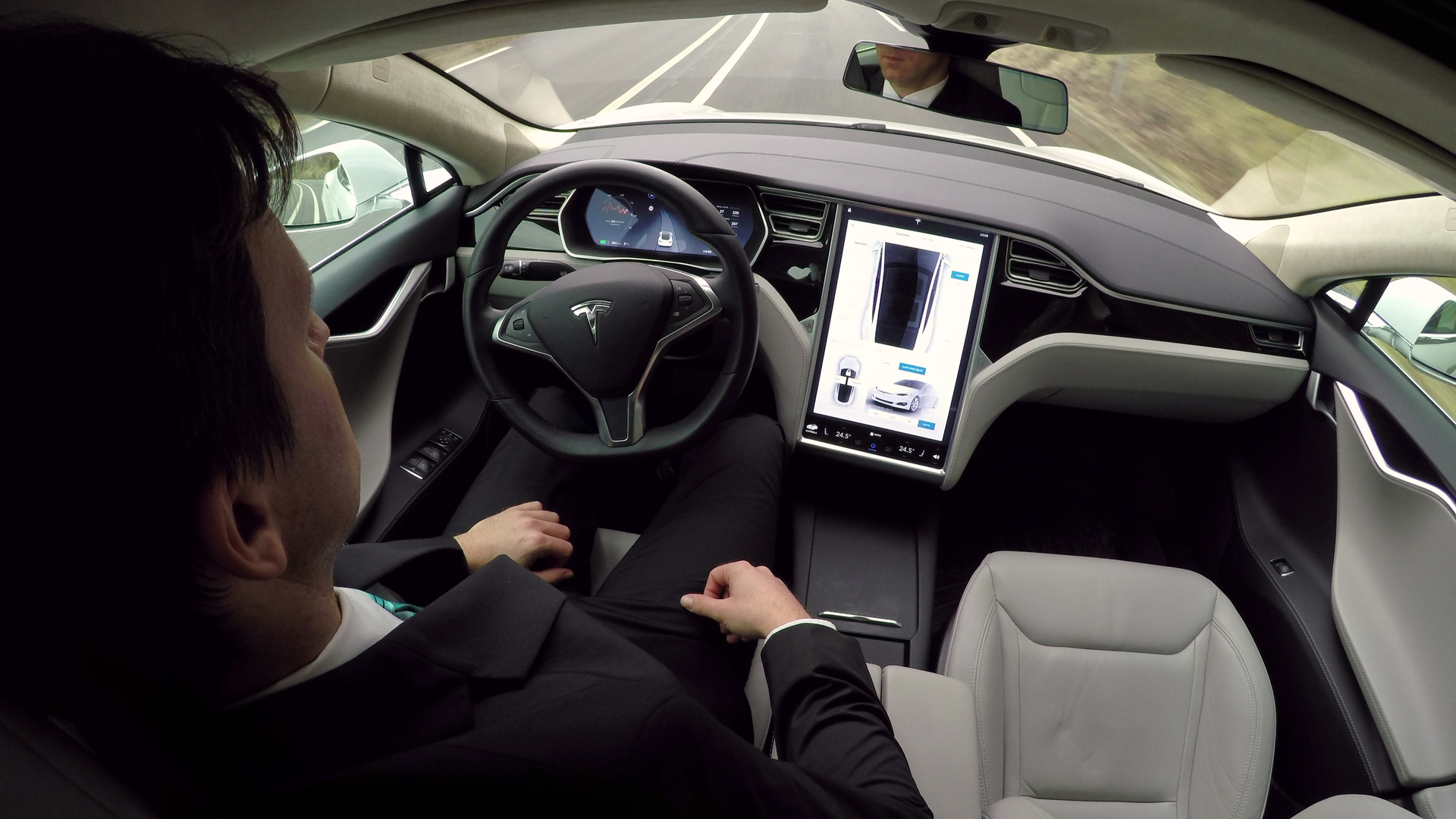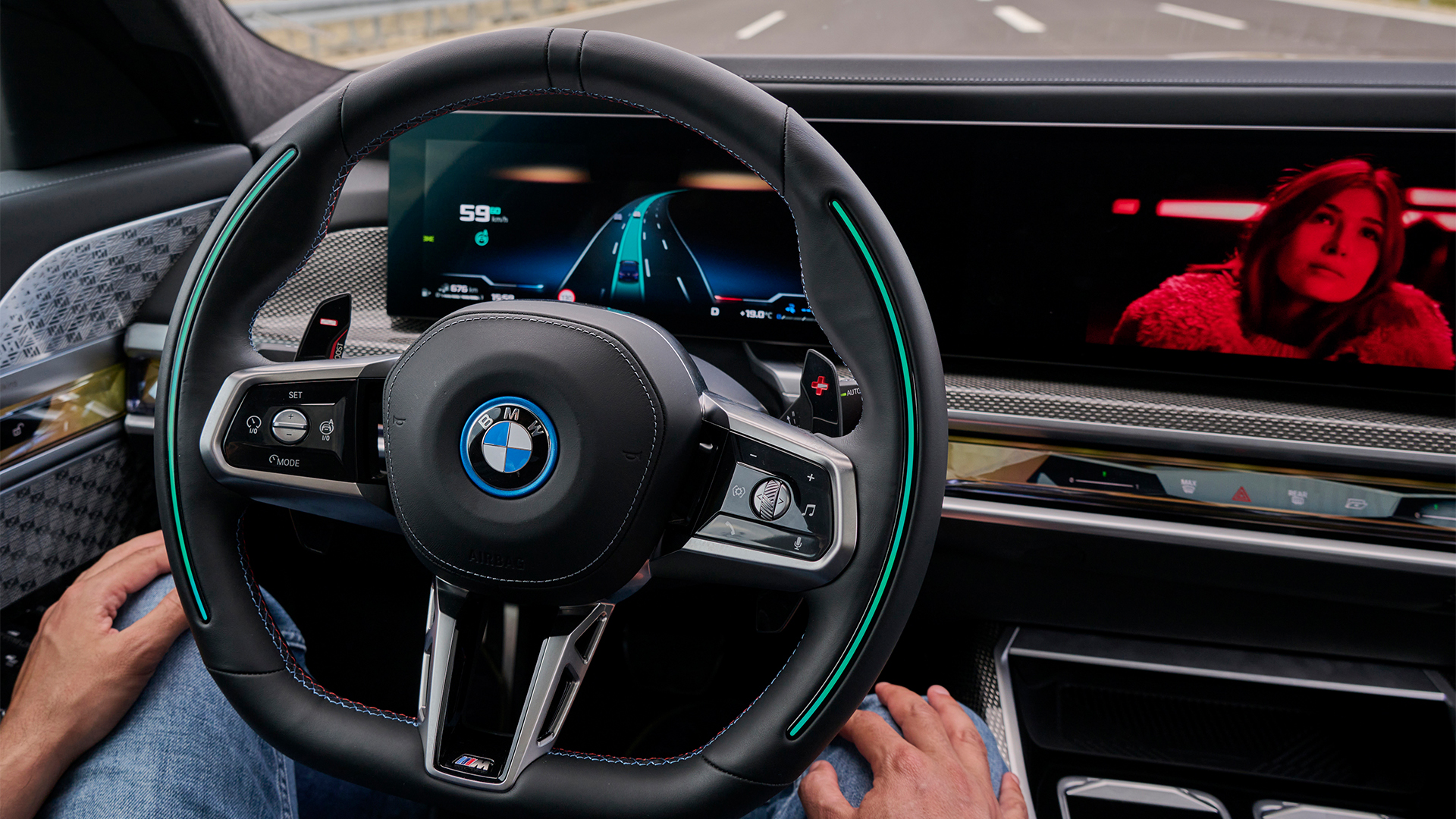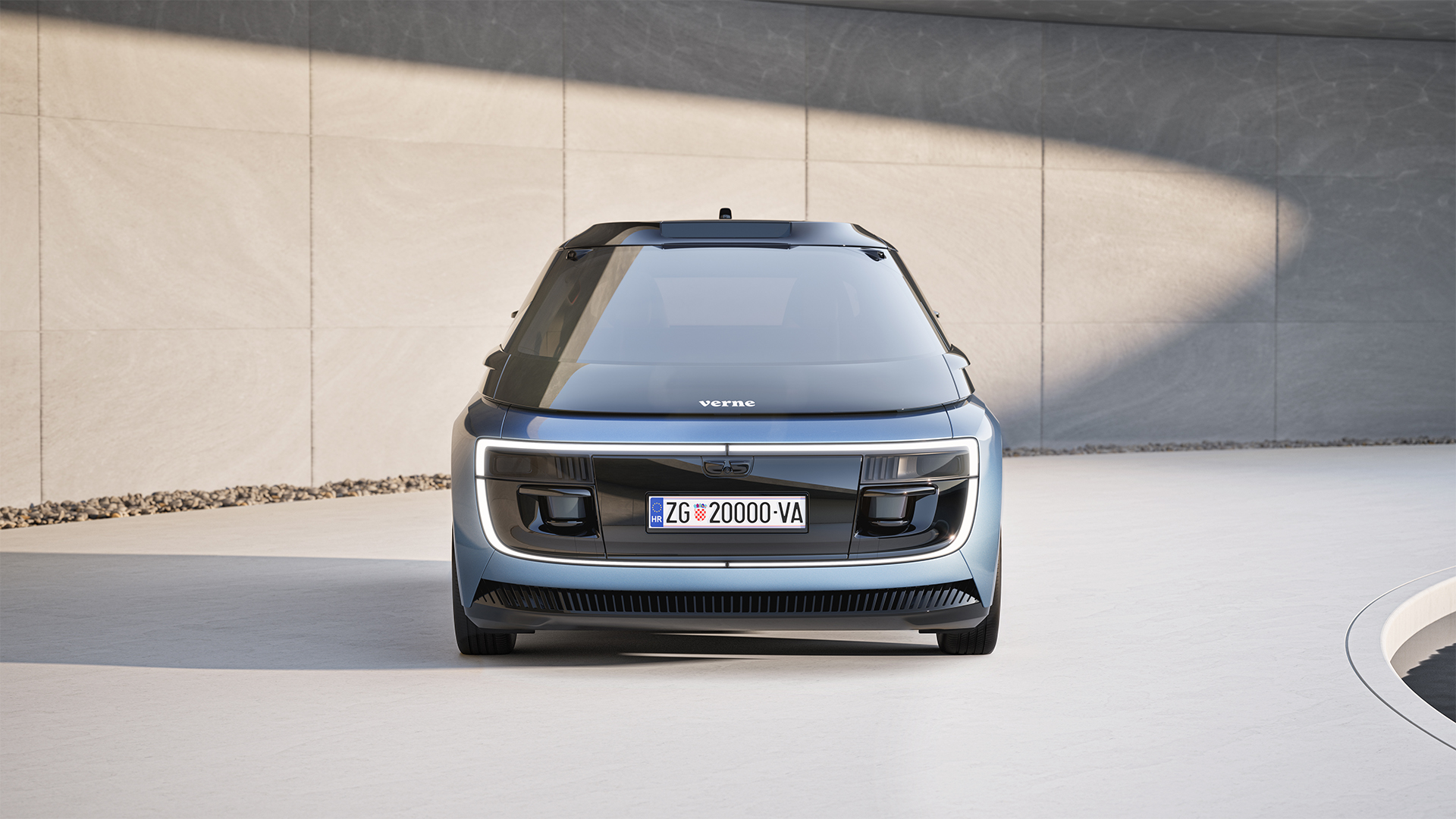Today's self-driving car tech is a halfway house that makes us 'poor' drivers, study finds
Tesla bets big on autonomy, but study suggests it’s dangerous

Tesla started pushing the latest update for its Full Self-Driving software this week, but a new UK study has suggested that 'supervised' self-driving modes like Tesla's can adversely affect our overall driving quality.
Elon Musk claims that Tesla's new software, labelled v12.4.3 for code nerds, features completely "retrained models" that improve comfort levels thanks to smoother acceleration and braking, as well as requiring fewer interventions from the driver.
In fact, Musk is so confident in his updated software that he claimed it will take "over a year of driving to get even one intervention", according to Electrek. Although he also said there were still some bugs to iron out before we get there.
Regardless, Tesla is ploughing ahead with its highly automated driving modes, slashing the price in the US and offering month-long free trials to get as many owners using the system as possible.
Yet some experts still believe semi-autonomous vehicles remain unsafe. And a case in point is a new study by the University of Nottingham, England, which analyzed the behavior of 17 motorists (each with a front passenger) as they navigated a driving simulator designed to mimic an SAE Level 3 autonomous vehicle (known as ‘conditional’ automation, where you’re not driving in certain situations).

Here, the driver was allowed to take both hands off the wheel and eyes off the road when the vehicle deemed it safe to enter an autonomous driving situation. Currently, this is mainly on clearly-marked motorways or freeways and when traffic tends to be crawling at low speeds in jam situations.
During the experiment, scientists found that most of the participants spent the majority of their time talking to their passenger, checking their smartphones or smartwatches and even engaging in games. Some even went so far as to say the experience was "boring".
Get daily insight, inspiration and deals in your inbox
Sign up for breaking news, reviews, opinion, top tech deals, and more.
However, the researchers noted that driving performance once the vehicle requested human intervention was severely impacted by these numerous distractions.
"Vehicular control during the ten seconds immediately after resuming manual driving was generally poor in the case of all participants," the study notes.
"There was an apparent tendency for control to worsen after two to three seconds and to remain erratic even after ten seconds," it continues.
This manifested itself in erratic acceleration and braking, severe lateral instability and even missing junctions and navigational cues due to being so engaged in a game or side task.
Drivers not required?

Although the study, which was funded by the RAC Foundation, was originally designed to observe how motorists react in self-driving modes when accompanied by a front-seat passenger, researchers found that the additional distraction meant that driving performance was adversely affected when it came time to take back control of the wheel.
In addition to this, researchers noted how the front passenger – in numerous cases – took over the observational role when they felt the driver was distracted, leading the scientists to believe that automakers should "involve all potential users in the design of future vehicles".
Read between the lines and the research appears to back up the concerns raised by a number of experts that the current 'middle ground' self-driving technology leaves a lot to be desired.
Numerous court cases surrounding the use of Tesla's Autopilot and FSD systems attest to this. Offering motorists the opportunity to engage in side tasks distracts them to the point that they are unable to react to potentially life-threatening situations fast enough.
Tesla and a number of other companies are busily working on fully autonomous 'robotaxis' that completely do away with the need for driver intervention. In fact, Rimac's recent Verne concept (pictured above) doesn’t even bother with a steering wheel or other conventional controls.
Until we get to a point where this sort of technology is safe and properly legislated, it seems counter-intuitive to continue pushing the distracting and potentially dangerous halfway house we are currently faced with. But try telling Elon that.
you might also like

Leon has been navigating a world where automotive and tech collide for almost 20 years, reporting on everything from in-car entertainment to robotised manufacturing plants. Currently, EVs are the focus of his attentions, but give it a few years and it will be electric vertical take-off and landing craft. Outside of work hours, he can be found tinkering with distinctly analogue motorcycles, because electric motors are no replacement for an old Honda inline four.